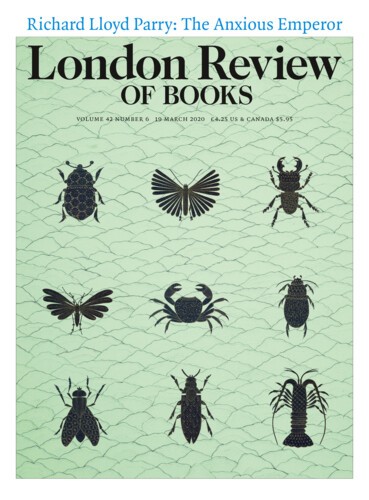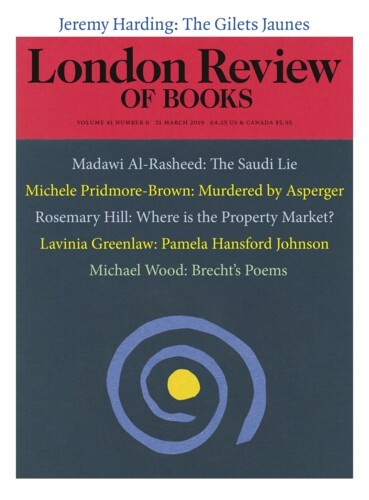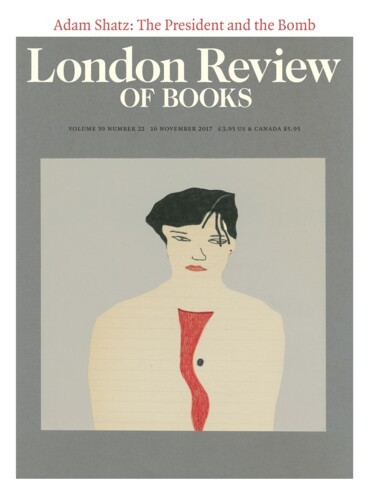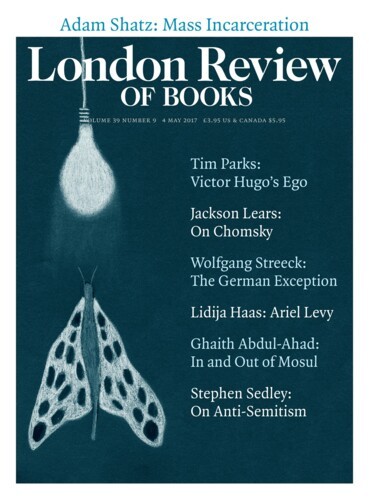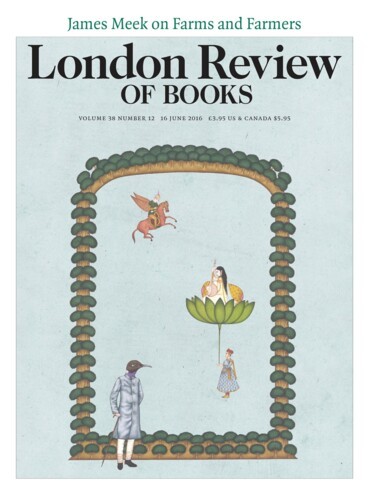How to End a Dynasty: Rehabilitating Nero
Michael Kulikowski, 19 March 2020
Three centuries after the death of the emperor Nero, his name had become a byword for the very worst kind of ruler. For Ausonius of Bordeaux, in his didactic poem the Caesares, Nero was a savage and baleful matricide (saevus, dirus and matricida). By this time, the bad Nero was the only version anyone knew, his reputation distilled from the works of Tacitus and Suetonius, one of them a...
